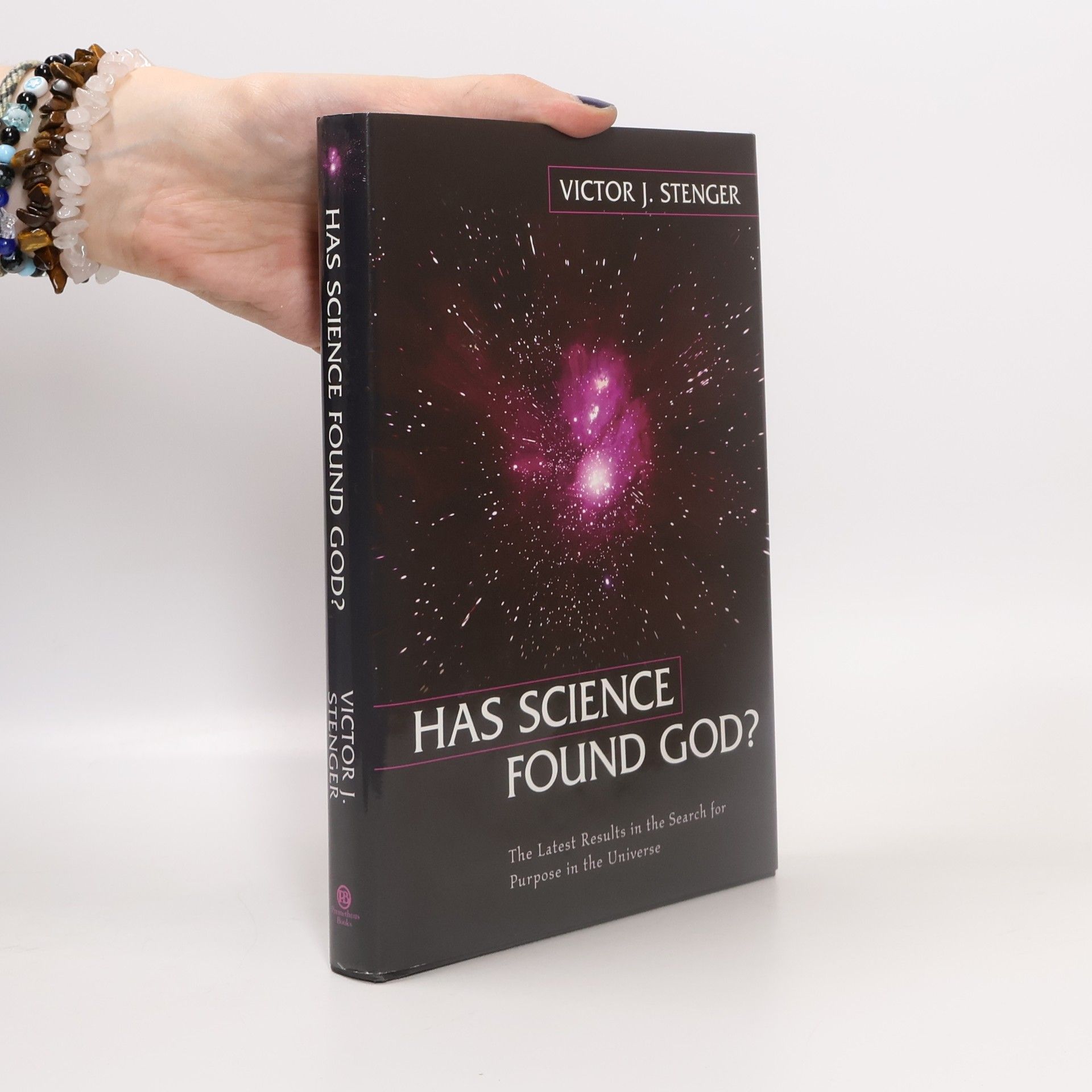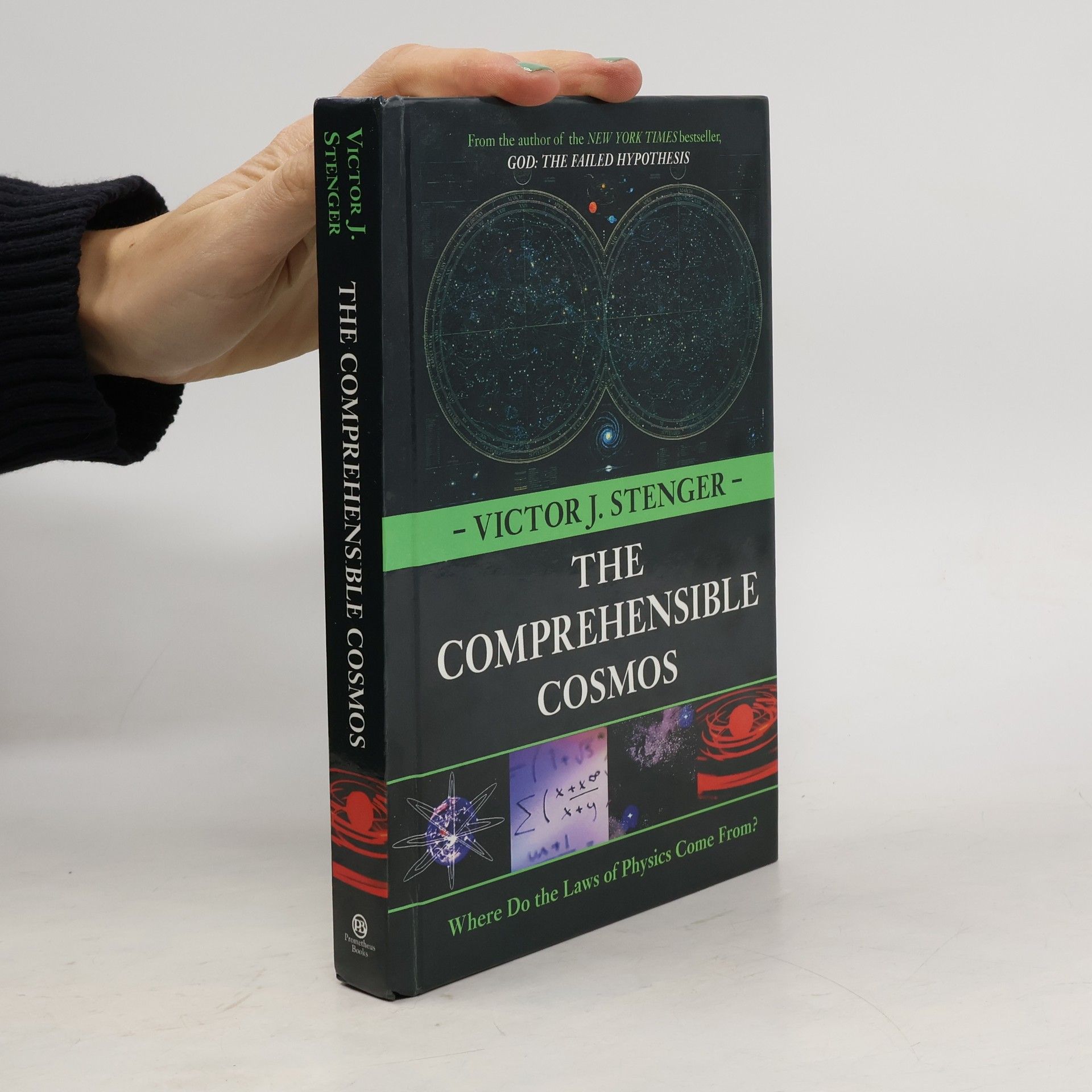Victor J. Stenger Libri
Victor Stenger è stato un fisico delle particelle americano, ateo dichiaratato e autore profondamente impegnato nella filosofia e nello scetticismo religioso popolare. La sua prolifica scrittura per il pubblico generale ha esplorato la fisica, la meccanica quantica, la cosmologia, la filosofia, la religione, l'ateismo e la pseudoscienza. Il lavoro di Stenger spesso approfondiva i confini tra scienza e fede, sostenendo un approccio razionale alla comprensione dell'universo. È riconosciuto per le sue acute critiche alle affermazioni religiose e la sua fervida difesa di una visione del mondo scientifica.




Has Science Found God? The Latest Results in the Search for Purpose in the Universe
- 384pagine
- 14 ore di lettura
In the past few years a number of scientists have claimed that there is credible scientific evidence for the existence of God. In 1998 Newsweek went so far as to proclaim on its cover, "Science Finds God." Is this true? Are scientists close to solving the greatest of all mysteries? Physicist Victor J. Stenger delves into this fascinating question from a skeptical point of view in this lucid and engrossing presentation of the key scientific facts.Stenger critically reviews the attempts of many contemporary theologians and some scientists to resurrect failed natural theologies in new guises. Whether these involve updated arguments from design, "anthropic" coincidences, or modern forms of deism, Stenger clearly shows that nothing in modern science requires supernatural explanation. He offers naturalistic explanations for empirical observations that are frequently given theistic for example, that information in the universe implies an intelligent designer, that a universe with a beginning requires a Creator, and that the elegant laws of physics suggest a transcendent realm. He shows that alleged spiritual, nonmaterial phenomena do not lie beyond the experimental reach of physics.This thorough and careful consideration of scientific evidence covers much ground yet remains accessible and highly informative to the educated lay reader.
God. The Failed Hypothesis.
- 310pagine
- 11 ore di lettura
Dlaczego jesteśmy ateistami
- 408pagine
- 15 ore di lettura